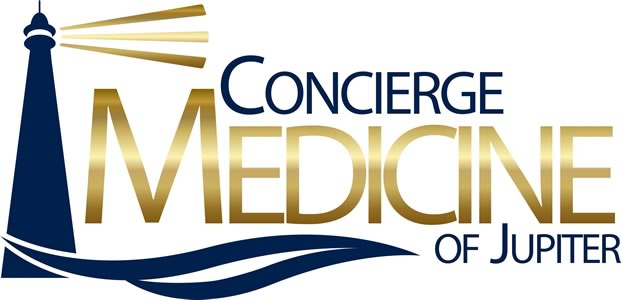Concierge medicine is an umbrella term commonly used to describe a relationship between a patient and physician in which the patient pays a monthly or annual fixed fee. Patients pay fees for conveniences like same-day appointments and 24/7 physician availability.
To provide those conveniences, most concierge physicians—whether primary care physicians or medical specialists—see fewer patients or set aside days of the week when they see only their concierge service patients. Their practices are subsidized by patient fees, which differ.
Concierge medicine can be defined as:
- A health care arrangement in which patients pay an enrollment fee to receive care at a medical practice
- A popular term for greater health care access and services which may be purchased from a specialist for a concierge fee
- A medical practice in which a patient pays a physician in advance for unique, round-the-clock access to their professional services, without an intermediary such as an insurance company.
Concierge medicine business models
There are typically three primary types of practiced concierge medicine business models. Although variations of these models exist, most models usually fall into one of the following categories.
The Fee for Care (FFC) is an annual retainer model, where the patient pays an annual, quarterly, or monthly retainer fee to the physician. This retainer fee covers most services provided by the physician in their office. Often, x-rays, lab work, vaccinations, and other services are excluded and charged separately on a cash basis.
The Fee for Extra Care (FFEC) is similar to the FFC model; however, additional services are charged to Medicare or the patient’s insurance plan. Services and benefits typically included in these two retainer models are:
- same-day access to your doctor,
- unlimited office visits,
- little to no waiting time in the office,
- unhurried atmosphere,
- immediate cell phone and text messaging to your doctor,
- focus on preventive care,
- text message, cellphone, and online consultations,
- same day prescription refills, and
- convenient appointment scheduling.
FFC and retainer plans may typically not be purchased with pre-tax dollars utilizing FSA or HSA accounts, as it is not a fee incurred for a service. Instead, it functions more as an insurance policy where fees are paid in anticipation of an expense.
There is also a hybrid concierge model where physicians charge an annual, quarterly, or monthly membership or retainer fee for services that Medicare and insurers do not cover. These services may include:
- prolonged visits,
- annual physicals,
- newsletters,
- phone consultations,
- email access, and
- comprehensive wellness and evaluation plans.
These providers will bill Medicare and insurance companies for patient visits and services covered by the plans for all covered services. This model allows physicians to continue to see their non-retainer patients while billing their “concierge” patients a fee for increased or “special” services. Some concierge practices are cash-only or DPC practices and do not accept insurance of any kind. In doing so, these practices can keep administrative and overhead costs low, thereby providing affordable healthcare to patients.
Concierge medicine and direct primary care similarities
The emergence of direct primary care (DPC) practices has introduced other lower-priced subscription-based, on-demand care models.
Both DPC and concierge medicine are membership-based models. Patients generally sign a contract and pay a fee. This fee gives them access to the physician. Since both are fee-based membership programs, this healthcare model often makes it easy to confuse direct primary care with concierge medicine.
Direct primary care is a term often linked to its companion in health care, ‘Concierge Medicine.’ Although these two terms are similar and belong to the same family, Concierge Medicine is a term that fully embraces or ‘includes’ several different health care delivery models, with DPC being one of them.
Also, services in concierge models tend to be more service-focused and added-value-oriented than just providing access and convenience to the practice.
Bottom line:
Even though concierge medicine can be a vague term, the traditional form is where the patient pays an annual or monthly fee that gives them direct access to a physician. Concierge medical practices profit from this annual/monthly fee along with bill insurance companies for visits. Consequently, there are two sources of revenue: from billing insurance and from the patient.
Basically, it is a system where patients pay an added fee in exchange for more personalized care and better access to their doctors. Doctors carry less of a patient load in return. Other benefits of concierge healthcare include worldwide access to doctors and expedited emergency room care.
For more information about concierge medical practice, read our Main Article or contact Concierge Medicine of Jupiter today.
Personalized, Compassionate and Extraordinary Care
Concierge Medicine of Jupiter
2151 South Alt A1A | Suite 950 | Jupiter, FL | 33477
P: (561) 743 – 2239




